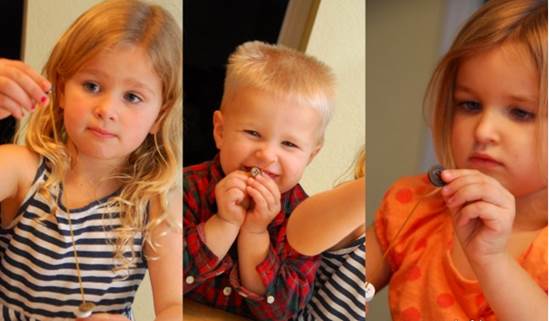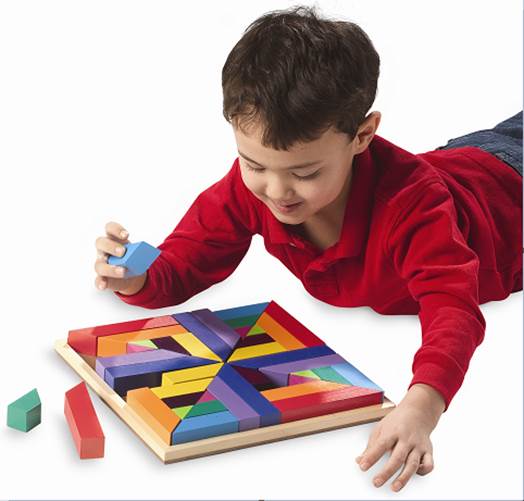Children are naughty, not obey, aren’t they?
The problem is that parents do not have right strategy to train them.
Whenever you ask your babies not to do
something, they begin trying to do it slowly as if they did not hear anything.
Why are they unruly? What do you do to make them listen to you?
Initially, children are not such stubborn.
However, they are trying you but not as the way you think. When kids toddle,
they are trying to follow standards of behavior and rules of their family. They
are in transition between standards that they must comply with and their normal
habits in order that at a certain time when they do not stay with you, they will
follow these rules themselves.

What
do you do to make them listen to you?
In fact, it is not difficult to teach
kindergarteners to know how to listen, but the problem is that you need to have
“strategy” to train them. Here are some excellent suggestions for you.
1. Obviousness
Language ability of kindergarteners has
limitation, so you should teach them definitively, simply, and show rights
obviously. Kids will be uncomfortable and opposed to if you always say
repeatedly one subject, and they feel difficult to understand a long sentence: “It’s
cold outside and you are ill, I would like you to wear sweater before we go to
the store”. Moreover, do not express an issue as a question if your babies
actually do not have any choice such as “The car is coming, get in, baby!”
Perhaps, that impacts more powerfully than saying “Do you get in?”
Short, concise and full of meaning
sentences will help children understand your messages more quickly.

Language
ability of kindergarteners has limitation, so you should teach them
definitively, simply, and show rights obviously
2. Definitiveness
Express clearly what you want to tell, do
not threaten or promise to kids things you cannot carry out. If you talk to a 2-year-old
baby that: “You need to drink milk after dinner”, do not gossip in 5
minutes later, but spend time for kids to drink orange juice, for example. Be
sure that your husband and you have unified and agreed with “rules” that you
give your baby to avoid dissent during teaching babies.
Furthermore, do not shout or repeat your
desire with kids: “I would like you…”, “I want you …” – these are your
desires, not their desires. For preschoolers, words are not as effective as
actions. If you want to say “Lay this glass on the table”, gradually teach
your babies how to put the glass on the table and give them a little time to
follow, do not urge or get angry.
3. Consolidate your messages
Children will memorize and comply with
rules better if you often remind them. For example, remind skillfully your
children: “It’s time for bed” and blink light to sign, or sign by put
hand on their shoulders in order to lightly draw their attention out of their
favorite toys, take them on bed, and pat them sleep.
4. Practical directions
If you say to a 2 year-old child: “Store
your toys,” it will look around the room, be confused, and do not
understand your idea. To make your words impact on him, say specifically and
clearly what it is. For example, “Store yellow box!” When your kids
finished, ask them to do for others.

If
you say to a 2 year-old child: “Store your toys,” it will look around the room,
be confused, and do not understand your idea.
5. Motivation
Shouting and threatening to make kids follow
parents’ desires are obviously easy to get effect. But no parents feel
comfortable with that way. Most of the children have positive reaction if you
treat them easefully, joyfully, or using lyric of cute song to transfer your
messages. For example, “Why does cat wash his face? Because he is afraid of eye
pain…”, to ask kids to wash their face. And do not forget to praise and
motivate babies when they do well.
6. Make a good example
Children who are in primary school will be
more obeyed if their parents themselves are good examples. Create habits of
respectively listening to your babies as when you listen to other people. You need
to look at them when they talk to you, politely respond, and do not interrupt
their words, just reply when they finish talking. While kids are talking to
you, do not turn away or arbitrarily go out.